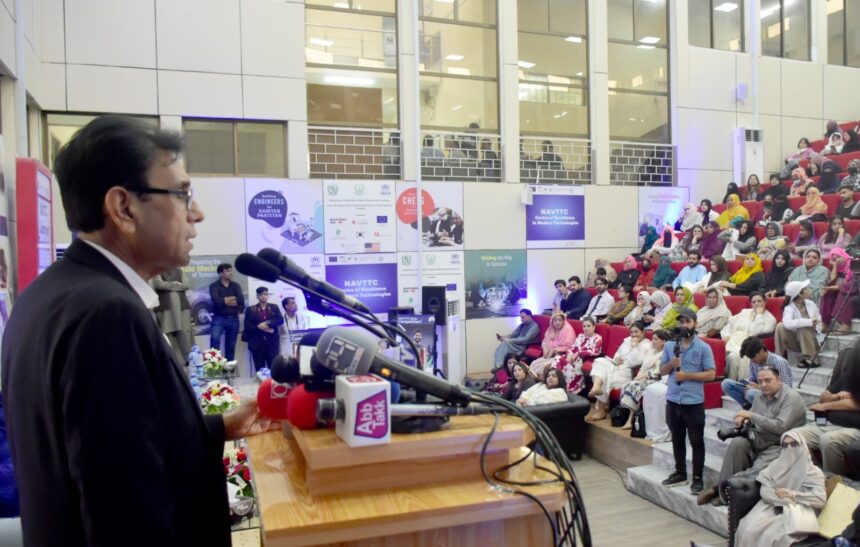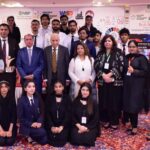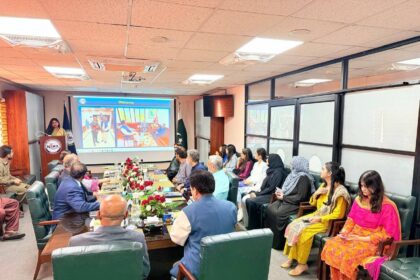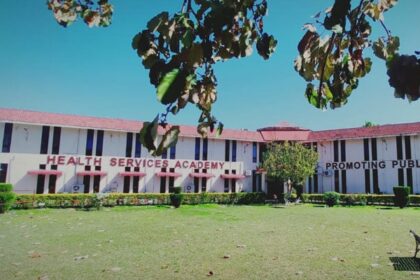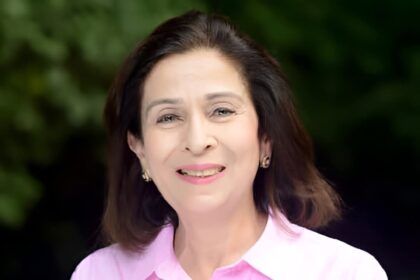**Federal Education Minister Urges National Transformation Through Skills, Merit, and Youth Empowerment**
Federal Minister for Federal Education and Professional Training, Dr. Khalid Maqbool Siddiqui, has called on Pakistan to embrace a transformative agenda centered on skills, merit, and robust youth empowerment, particularly advocating for the active inclusion of women in national progress. His remarks, delivered during a World Skills Day ceremony organized by the National Vocational and Technical Training Commission (NAVTTC), challenged the nation to move beyond reliance on academic degrees and recognize the critical value of practical expertise in shaping Pakistan’s future.
Dr. Siddiqui opened his address with expressions of gratitude, commending the leadership of NAVTTC’s Executive Director Muhammad Aamir Jan, Chairman of the Prime Minister’s Youth Program Rana Mashhood Ahmad Khan, the Parliamentary Secretary for Education, and TEVTA officials nationwide for their dedication to advancing technical education. He paid particular tribute to the large number of young participants—including a notable presence of women—competing in the national skills competition.
Highlighting the rapid pace of global transformation, Dr. Siddiqui underscored that only those individuals and nations willing to change can achieve progress, while those resistant to transformation risk being left behind. Citing Pakistan’s unique historical and geopolitical responsibilities—especially within the broader Muslim world—he emphasized that the nation is seen as a source of hope and leadership even in regions like Gaza. “That’s the level of hope and leadership this country represents,” he told the audience, urging Pakistanis to live up to the foundational ideals of the nation.
Emphasizing the importance of ilm-e-nafe, or knowledge beneficial to society, Dr. Siddiqui asserted that academic credentials alone are insufficient in today’s world without corresponding skills. “What matters is not what you know, but what you can do,” he stated, positioning technical expertise as the defining need of the times and of Pakistan’s ambitious youth.
Turning attention to the National Skills Competition, he declared that while Pakistani youth may compete domestically today, their true challengers are on the world stage. He stressed that success in this global arena will require serious investment, innovation, and commitment to vocational training.
Dr. Siddiqui identified Pakistan’s young population as a critical national asset, noting that over 150 million citizens are under 30 years of age, and nearly 180 million under 35—a “youth bulge” amongst the world’s largest by percentage. He contrasted this with developed countries now grappling with aging societies and described Pakistan’s demographic profile as an opportunity to serve global as well as domestic needs.
Addressing concerns over brain drain, Dr. Siddiqui reframed the narrative, describing the nation’s skilled workers abroad as a “brain train.” He argued that their international experience would ultimately benefit Pakistan when these professionals return, enriched by advanced skills acquired overseas.
The minister devoted a substantial portion of his remarks to women’s empowerment, highlighting their overwhelming success in universities and skills competitions—pointing out, for example, that 12 out of 15 top graduates recently were women, and that over 90% of students in his own medical alma mater are female, all admitted on merit. Despite such academic achievements, he expressed concern that society remains slow to integrate women into the workforce. He urged parents, and especially fathers, to support and facilitate their daughters’ professional ambitions, asserting, “Without them, Pakistan cannot reach its true destination.”
Concluding his address, Dr. Siddiqui characterized Pakistan as being at a critical juncture—shedding obsolete systems and laying foundations for a modern, merit-driven future. He called on the nation to “run faster, work harder, and build a nation worthy of its promise.”
The event concluded with strong applause from the audience, affirming a collective commitment to skills development, inclusion, and the pursuit of a progressive, opportunity-driven national vision.




